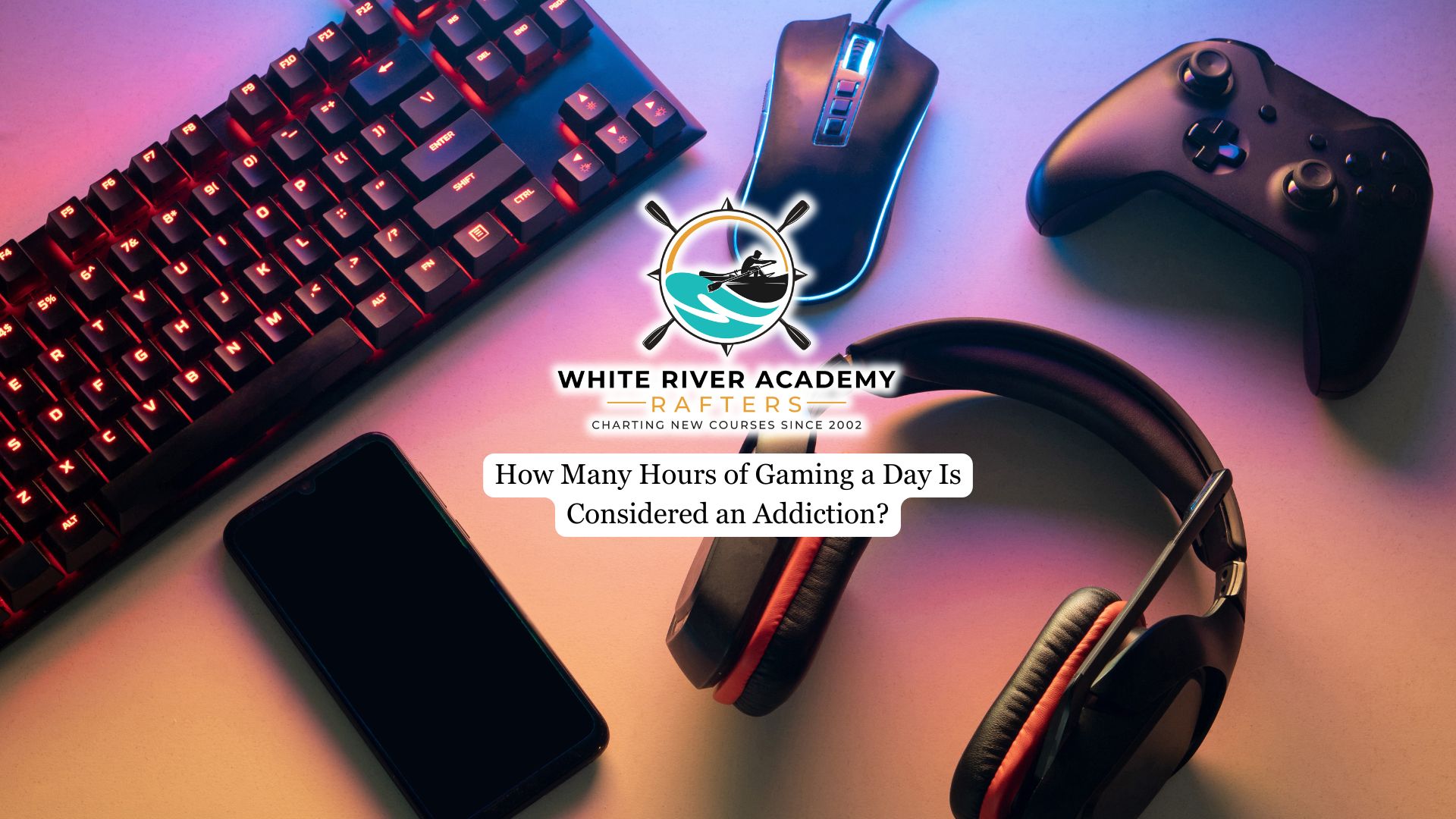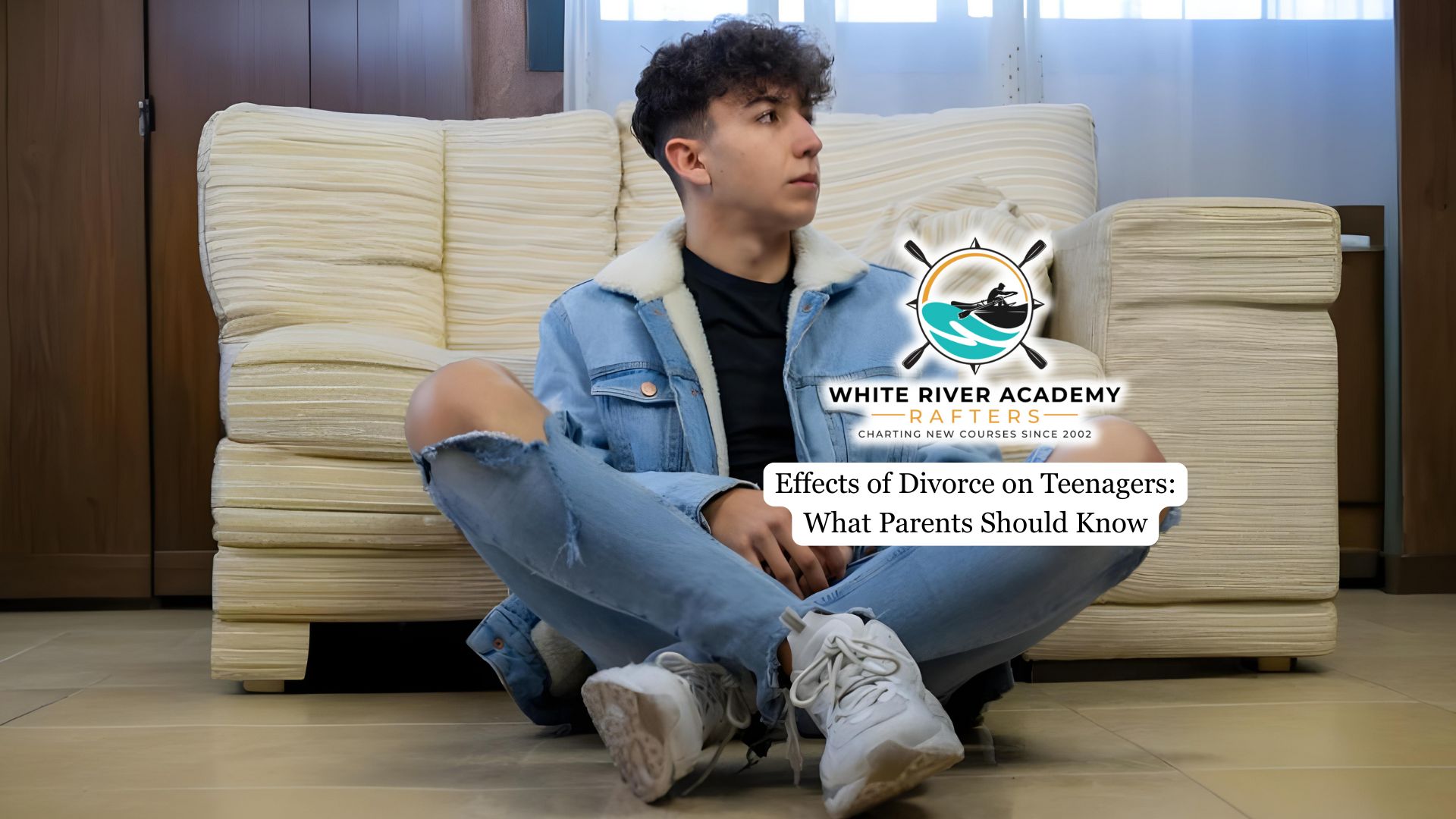As a parent or guardian, it can be difficult to tell if your teen is struggling with substance use. The teenage years are full of changes, making it easy for warning signs to go unnoticed or be mistaken for typical adolescent behavior. However, teen drug use can escalate quickly, leading to severe physical, emotional, and social consequences.
In this article, we’ll help you identify key behavioral, physical, and emotional indicators of substance use, understand the risk factors involved, and offer strategies for early prevention and intervention.
Early Warning Signs of Teen Substance Use
Subtle signs of substance use in teens may appear well before noticeable behavioral changes. Initially, a teen may seem more withdrawn, less communicative, or more secretive about their activities. You might notice slight changes in their routine, such as disrupted sleep patterns, lack of motivation, or sudden mood swings. While some of these changes can be attributed to typical adolescence, they can also be early indicators of substance use.
Addressing substance use early requires a comprehensive approach that targets both emotional and behavioral health. A program combining therapy, personalized care, and family support helps teens develop healthier coping skills and prevent substance use from escalating.
Behavioral Changes in Teens
As substance use progresses, behavioral changes become more noticeable. Teen boys may start exhibiting more defiant behavior, skipping school, or disregarding rules they previously followed. There could be increased impulsivity, risky decision-making, or a lack of concern for consequences.
Teens might decline academic performance, lose interest in hobbies or activities they once enjoyed, or become unusually aggressive or distant. These behavioral shifts are often a result of the chemical changes substances cause in the brain, affecting emotional regulation and decision-making.
Physical Symptoms to Observe
Physical signs of drug use in teens can also serve as warning signals. For example, bloodshot or red eyes are common in teens who smoke marijuana or use other substances. Unexplained weight loss or weight gain, poor hygiene, and an overall decline in appearance can indicate a lack of self-care due to substance use. Teens may also exhibit frequent tiredness or hyperactivity, depending on the type of drug they are using.
More specific signs include nosebleeds (from snorting substances), burn marks on fingers, or unusual odors on breath or clothing, which can be linked to specific substances like cigarettes or alcohol.
Shifts in Social Circles
If a teen suddenly isolates themselves from long-time friends or starts hanging out with a new group of peers who have different interests or values, it may signal that they are influenced by a new environment centered around drug use. The need to hide activities, avoid questions, or become defensive about their new friends is often a sign that substance use is involved.
Peer pressure and the desire to fit in can be powerful influences on teen behavior, especially when they are introduced to drugs or alcohol by their social group.
Risk Factors for Teen Drug Abuse
Mental health issues such as depression, anxiety, or trauma are often linked to substance use as teens seek ways to cope with overwhelming emotions. Peer influence plays a significant role. Teens who associate with peers who use substances are more likely to experiment with drugs themselves.
On top of that, a lack of structure or supervision at home, dysfunctional family dynamics, or a history of substance abuse in the family can increase the risk.

Prevention and Early Action Strategies
Encourage them to talk about their experiences, peer pressures, and any struggles they might be facing. Setting clear boundaries, maintaining consistency in rules, and monitoring their social activities can help reduce opportunities for substance abuse.
Educating teens about the dangers of drug use and being an active participant in their lives are strong protective factors. Fostering healthy hobbies and interests can keep teens engaged and reduce their likelihood of turning to drugs as a coping mechanism.
Seeking Help for Substance Abuse
If you notice several warning signs of substance use in your teen, it’s essential to seek help as soon as possible. Professional treatment, especially when substance use is combined with mental health issues like anxiety or depression, provides a comprehensive approach to recovery.
Therapy, counseling, and, if necessary, residential treatment programs designed for adolescent males can help address both substance use and underlying emotional struggles. A specialized treatment program offers structured care, life skills training, and family support to ensure lasting recovery and a healthier future for your teen.
Final Thoughts from White River Academy
Recognizing the signs of substance use in teen boys early is crucial for effective intervention. At White River Academy, we offer a comprehensive therapeutic program designed specifically for adolescent boys struggling with substance abuse and other emotional or behavioral challenges. Our structured, therapeutic environment combines individual and family therapy, life skills training, and academic support tailored to meet each teen’s unique needs.




